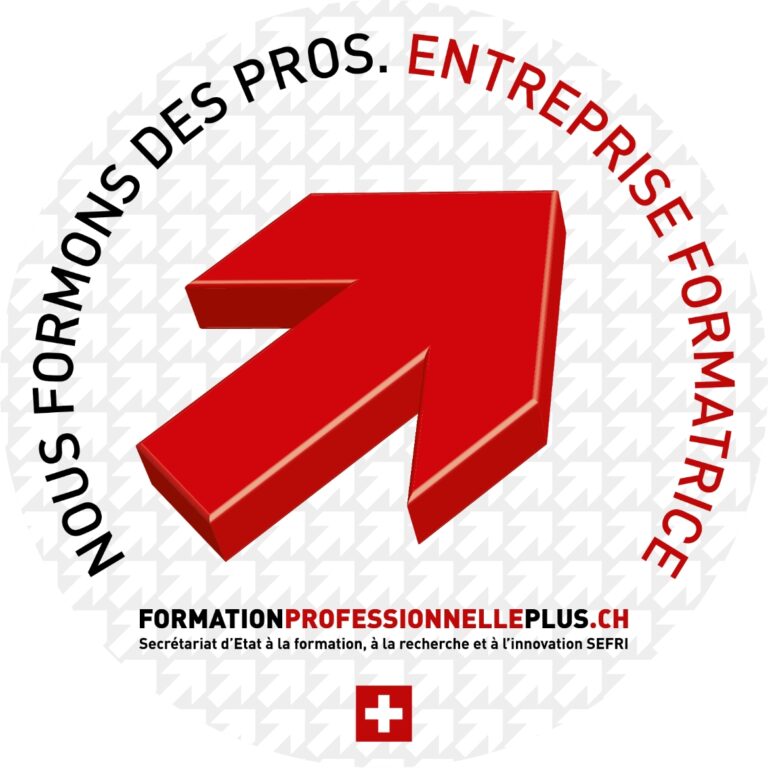Labour Law
Whether you are an employer or employee, labour relations are at the heart of your professional life. Hence, all of us come face to face with labour law on a daily basis, which raises a large number of legal issues that are often debated in the light of the abundant case law of labour courts.
Our lawyers specialising in labour law, some of whom have worked in companies closely with human resources departments, are regularly consulted to revise staff regulations and draft or review employment contracts, in particular certain complex clauses such as non-competition clauses, employee profit-sharing plans, clauses concerning mobility abroad or in Switzerland for foreign companies with a subsidiary or branch office in Switzerland, or those relating to work-from-home/remote work.
As labour law is largely national and may therefore involve major differences between different legal systems, foreign companies call upon our services to inform them about the rules in force in Switzerland, including – if applicable, depending on the branch of business – whether there are any collective labour agreements, and to prepare the contractual documentation required in Switzerland as well as to obtain the necessary administrative or work permits.
Furthermore, our law firm acts as a “hotline” for companies, thereby enabling them to quickly obtain concise and pragmatic answers to the various issues they may face on a daily basis (illness, accidents, overtime, mobbing/harassment, whistle-blowers, trial periods, end to employment relations, leave periods, releases from working obligations, employment certificates, etc.).
Immigration Law
Switzerland is not a member of the European Union. It has however signed the Agreement of the free movement of persons and is therefore part of the Schengen/Dublin area, thus promoting the free movement of persons under certain conditions.
However, the Swiss system for granting permits and nationality remains complex and may be subject to quotas, depending on the nationality of the applicant. In some cases, powers are granted to cantons and communes as well.
Disputes Settlement
Dispute settlement in labour law is also an important part of our practice. Concerned about ensuring that its clients’ interests take precedence, our firm seeks to find an amicable solution, if necessary by resorting to mediation, in cases that lend themselves to such a process. For certain cases, or when an amicable solution has not been found, we intervene in court on behalf of both our employer and employee clients, to assert their rights.
Swiss permit
For EU/EFTA citizens, obtaining a permit has become more flexible in recent years, while for third-country nationals, obtaining a permit remains a complicated process. However, it is likely that in the context of a global crisis, such as we have been experiencing for several years, the entry and residence conditions in Switzerland will be tightened, for EU/EFTA nationals as well.
There are a large number of different permits required to enable non-nationals to work and/or reside in Switzerland: short-term permit (L Permit), residence permit (B Permit), settlement permit (C Permit), residence permit for gainful employment (Ci Permit), cross-border commuter permit (G Permit), etc.
Our specialised immigration lawyers advise individuals from the EU/EFTA and third countries on residence with gainful employment, residence without gainful employment, such as for obtaining a lump-sum taxation benefit in some Swiss cantons, residence for educational purposes or family reunification.
Our specialists in the field of law on foreign nationals assist and advise companies in Switzerland that must obtain and renew a Swiss working permit for their foreign employees.
Swiss nationality
Since 2018, Switzerland has made the conditions for granting naturalisation more stringent. Obtaining Swiss nationality, whether through ordinary naturalisation or through facilitated naturalisation, is therefore not an easy task, especially since the cantons and communes have certain powers and these vary from canton to canton and from commune to commune.
Our immigration lawyers provide their support to European Union and third-country nationals in these naturalisation procedures, and represent them wherever possible before the administrative authorities that have to issue the certificates required as part of naturalisation applications and, if necessary, before the competent judicial authorities.


